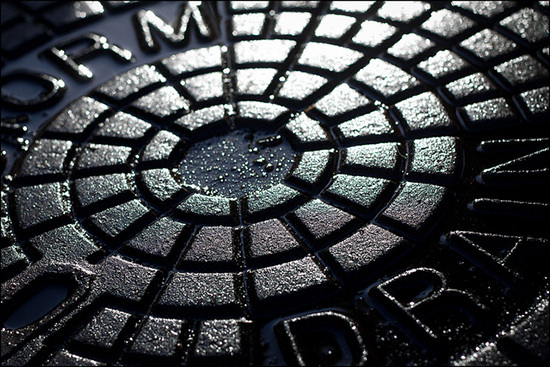Bay Foundation calls on states to better control stormwater runoff
Cost-effective and common-sense projects could improve the region’s environment and economy.
The Chesapeake Bay Foundation has called on Maryland, Virginia and Pennsylvania to better control stormwater runoff and improve the region’s environment, economy and health.

Image courtesy brianjmatis/Flickr
Made worse by urban and suburban development, stormwater runoff is the fastest growing source of pollution in the Chesapeake Bay. Once precipitation falls onto streets, sidewalks and lawns, it can pick up trash, oil and other pollutants before entering storm drains, rivers and streams. Each year, stormwater runoff contributes to fish mortalities and beach closures across the watershed.
In a report released this week, the Bay Foundation pushes watershed states to implement stronger pollution control permits alongside “cost-effective, common-sense projects” that will help cities meet the pollution limits outlined in the Chesapeake Bay Total Maximum Daily Load (TMDL), or pollution diet. Planting trees, building roadside rain gardens and installing green roofs have been proven to reduce stormwater runoff—and can often be done at lower costs than some initially estimate.
The Bay Foundation cites several cases to illustrate this point. Frederick County, Maryland, for instance, used natural vegetation rather than pipes, culverts or other structural solutions to filter polluted runoff, and reduced its projected pollution control costs by 65 percent. A University of Maryland Environmental Finance Center analysis found that Calvert County, Maryland, initially over-estimated its stormwater control costs; by installing more efficient pollution control methods and offering private business owners incentives to reduce runoff on their own properties, the county could meet their cleanup goals at a cost that was 96 percent lower than projected.
“This is a local problem requiring local solutions that will provide significant local benefits,” said Bay Foundation President William C. Baker in a media release. “But there are important roles for… governments in tackling the challenges of polluted runoff.”

Comments
There are no comments.
Thank you!
Your comment has been received. Before it can be published, the comment will be reviewed by our team to ensure it adheres with our rules of engagement.
Back to recent stories